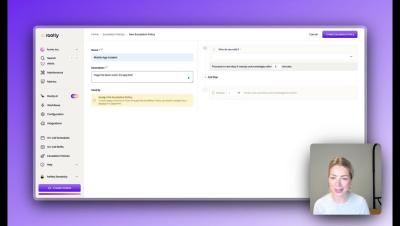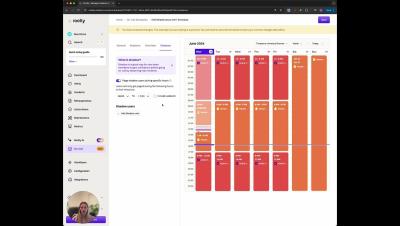The Domino Effect of Outages with Nuno Tomás, Founder of isDown.app
Humans of Reliability: Keeping systems up and the lights on isn’t just about technology—it’s about the people behind it. In this episode, we’re thrilled to chat with Nuno Tomas, founder of Isdown.app, a vendor outage monitoring tool transforming how teams handle third-party incidents. Nuno shares his journey from software engineer to entrepreneur, the pivotal 4 a.m. moment that inspired Isdown, and the challenges of balancing startup life with family. We dive into the complexities of incident communication, how to tackle alert fatigue, and why transparency is key to building trust in SaaS.











